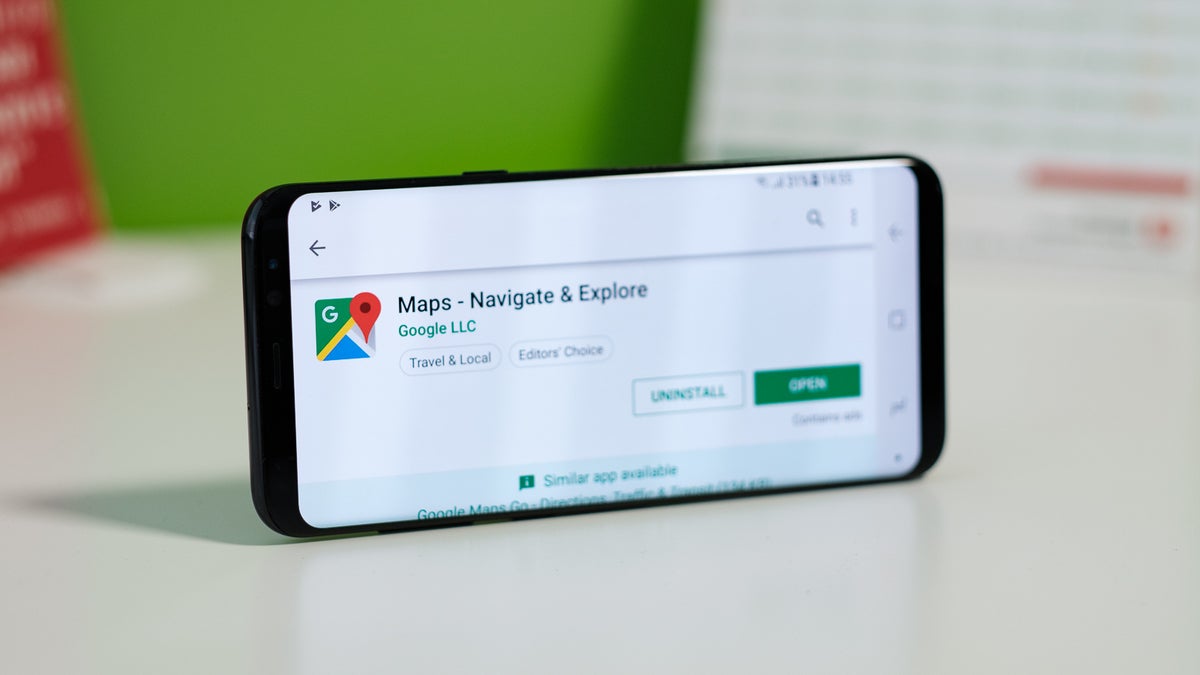Google Maps Introduces New Features Aimed at Safeguarding Against Fake Content and Harmful Reviews

In a Wednesday blog post, Google explained that it employs advanced monitoring techniques to identify and prevent abuse by detecting unusual patterns in user-contributed content.
Google Maps has received a few major updates this month, adding Immersive View for routes, bringing new AI features and, more recently, a visual overhaul that brings a new colour palette to the app. While Maps is usually a reliable way to check up information on places like restaurants, cinemas, ATM locations and other establishments, it is not immune to fake reviews and misleading content. In a bid to make Maps more robust, Google has now shared three new ways it prevents policy-violating content from being submitted.
In a blog post shared Wednesday, Google explained that it monitors unusual patterns in user contributed content, for example a spike in one-star reviews for an establishment, and takes appropriate action to prevent abuse. “This can include everything from taking down policy-violating content to temporarily disabling new contributions,” the blog said. The company also looks at policy violating reviews and investigates accounts that left said reviews.
Secondly, Google also works to protect places and establishments ahead of sensitive moments, for example an election, when the company anticipates an uptick in unrelated and unhelpful content on Maps. Google says it limits contributors’ ability to make edits to phone numbers, addresses and other information to curb down on misleading content
Further, the search engine giant has put in place long-term protections against unhelpful and harmful user contributions. This would, as an example, include negative reviews of places like police stations and prisons. “A set of frameworks helps us evaluate how helpful user input might be for these types of places, and based on the outcome we may apply restrictions ranging from limiting contributions to blocking a specific type of content to blocking contributed content altogether,” Google said.

In cases where user contributions have been restricted, contributors may get a banner that notifies them that the functionality is turned off. Despite restrictions, however, users can look up helpful information like phone number, address and website for places.
Last month, Google rolled out Immersive View for routes feature as part of a new Maps update, which lets users preview their route step-by-step while driving, walking, or cycling. The feature is available in select cities like Amsterdam, Barcelona, Dublin, Florence, Las Vegas, London, Los Angeles, Miami, New York, Paris, San Francisco, San Jose, Seattle, Tokyo, and Venice on both Android and iOS. Additionally, Google also added an AI-powered Lens in Maps feature to help users understand their surroundings in real time.





















